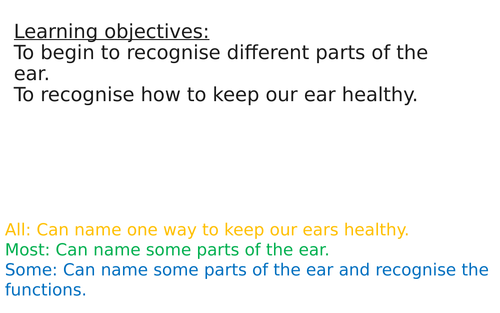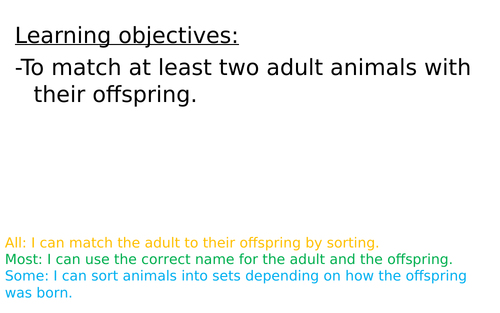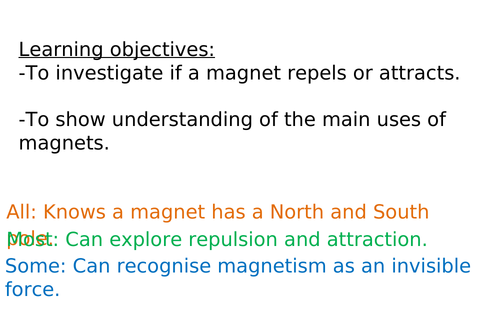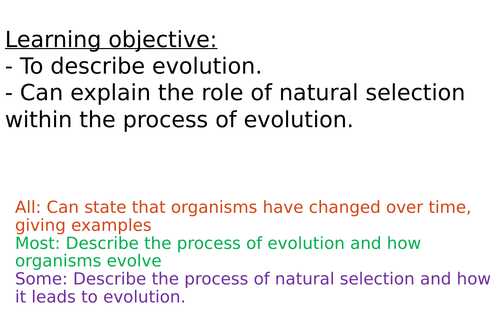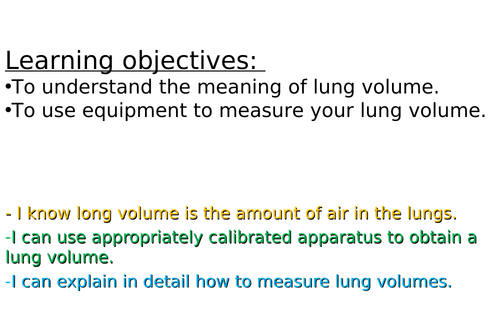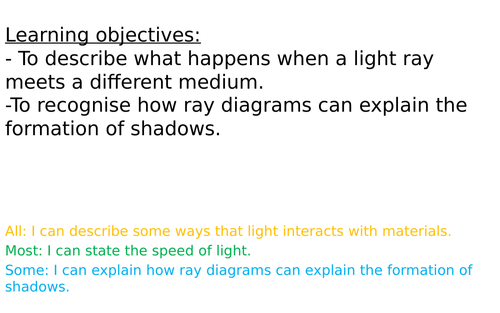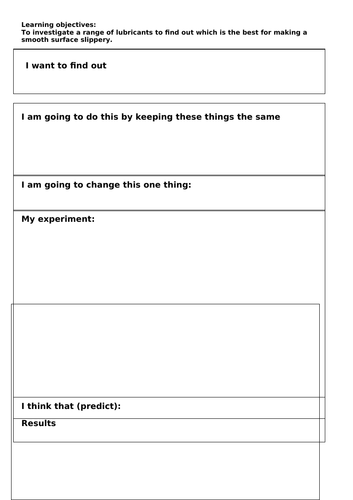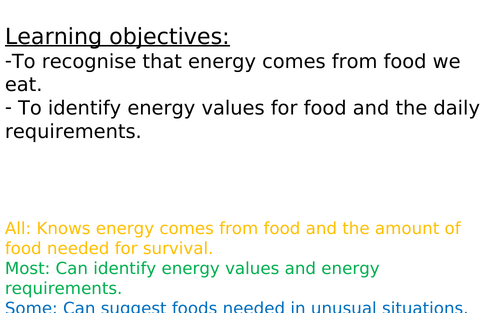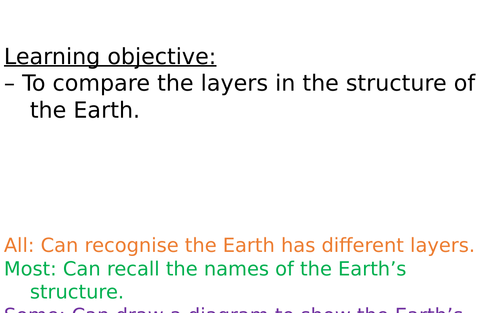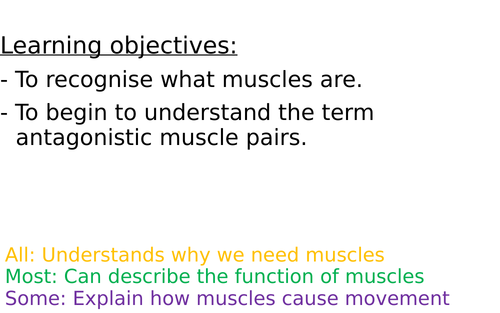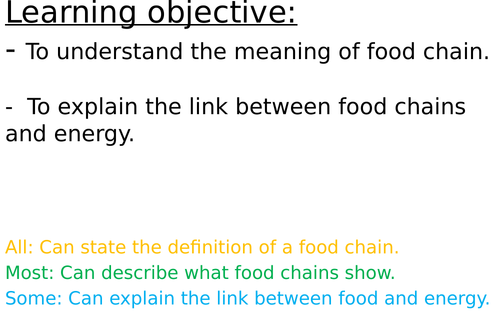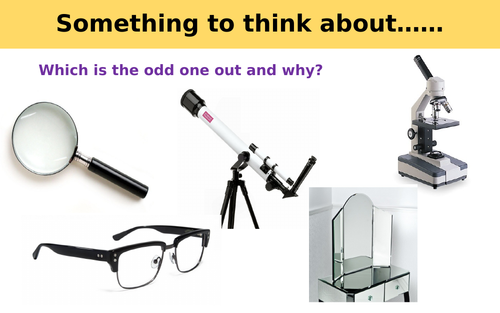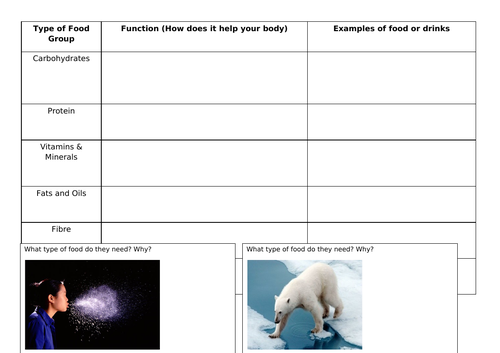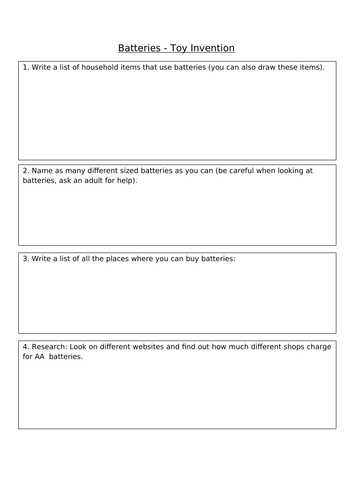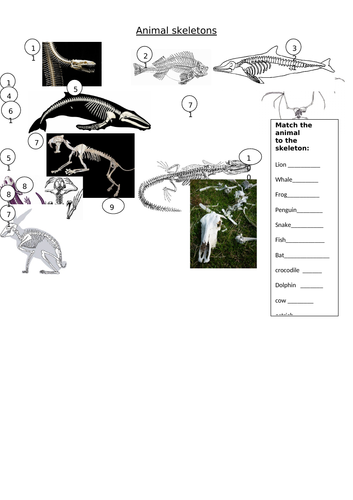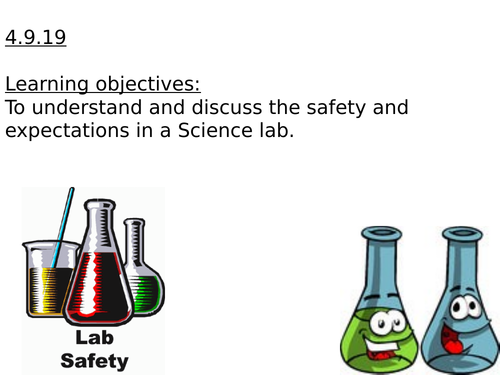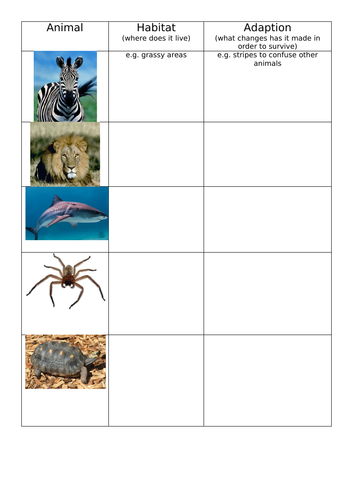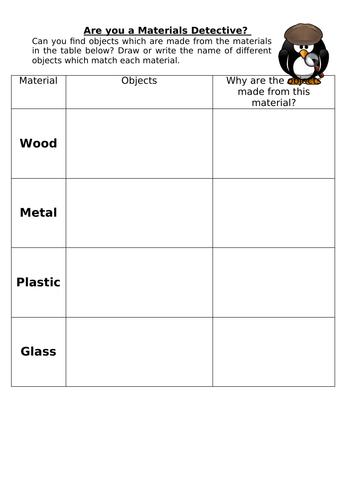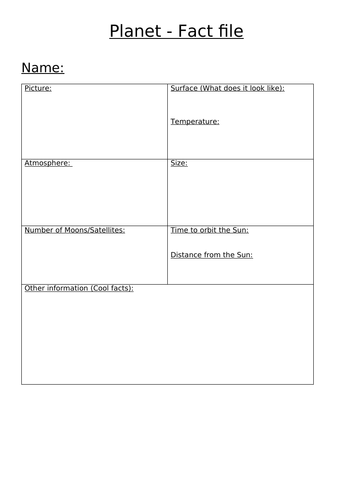
41Uploads
12k+Views
489Downloads
All resources

Sound and Hearing - AQA Unit Award Scheme Science
A unit worth of powerpoints including main points of discussions, starters and some suggested activities.
Sound and Hearing – AQA Unit Award Scheme
Planning used with SEN KS4 students.

Human reproduction - AQA Unit Award Scheme Science
A unit worth of powerpoints including main points of discussions, starters and some suggested activities.
Human reproduction – AQA Unit Award Scheme
Planning used with SEN KS4 students.

Magnets - AQA - Unit Award Scheme
A unit worth of powerpoints including main points of discussions, starters and some suggested activities.
Magnets – AQA Unit Award Scheme
Planning used with SEN KS4 students.

Evolution - KS3 activate Science
A unit worth of powerpoints including main points of discussions, starters and some suggested activities.
Evolution - KS3 activate
Planning used with SEN KS3 students, also suitable for mainstream students.

Breathing - KS3 Science Activate
A unit worth of powerpoints including main points of discussions, starters and some suggested activities.
Breathing - KS3 activate
Planning used with SEN KS3 students, also suitable for mainstream students.

Light - KS3 Activate Science
A unit worth of powerpoints including main points of discussions, starters and some suggested activities.
Light - KS3 activate
Planning used with SEN KS3 students, also suitable for mainstream students.

Energy transfer - KS3 Activate Science
A unit worth of powerpoints including main points of discussions, starters and some suggested activities.
Energy transfer - KS3 activate
Planning used with SEN KS3 students, also suitable for mainstream students.

Energy costs - KS3 Activate Science
A unit worth of powerpoints including main points of discussions, starters and some suggested activities.
Energy costs - KS3 activate
Planning used with SEN KS3 students, also suitable for mainstream students.

Earth - KS3 Science activate
A unit worth of powerpoints including main points of discussions, starters and some suggested activities.
Earth - KS3 activate
Planning used with SEN KS3 students, also suitable for mainstream students.

Movement - KS3 Science Activate SEND
A unit worth of powerpoints including main points of discussions, starters and some suggested activities.
Movement- KS3 activate
Planning used with SEN KS3 students, also suitable for mainstream students.

Ecosytems - KS3 SEND Science
A unit worth of powerpoints including main points of discussions, starters and some suggested activities.
Ecosystems - KS3 activate
Planning used with SEN KS3 students, also suitable for mainstream students.

Cells- KS3 activate SEND planning
A unit worth of powerpoints including main points of discussions, starters and some suggested activities.
Cells - KS3 activate
Planning used with SEND KS3 students, also suitable for mainstream students.

Food groups - how it helps our bodies
Students to be given a chart with all food groups mentioned. They can either research or use their own knowledge and think about each different type of food group and how this food group benefits your body.
Then will then complete the next part of the chart all about what food or drink would fit into each category.
Activity 2.
Students will be given 4 pictures in relation to animals and human. They must look at the picture and decide which type of food group may help and why.
A person with a cold/ flu
An underweight polar bear
A malnourished child
An obese human

Inventions - batteries
Students will complete a range of investigation, design and research activities for this piece of work.
Firstly, they will find a range of household items that require batteries in order to work.
Secondly, they will look at a range of batteries they have found and write down the different sizes of these e.g. AA
Thirdly, students can research different shops that sell batteries and look at the range of different prices.
Students will then be creative and design their own toy, the toy must work only from using batteries. The can decide the size battery it will require, where the battery will be, how the battery will be safe etc.

Animal skeletons
A worksheet designed around animal skeletons. The pictures used are a range of real life examples as well as designed versions; this allows students to understand and see examples of different forms of media; but also allows them to see real life skeleton bones which they may not have done before.
The first activity is a matching activity to match the skeleton with the name of the animal.
Activity 2 - research the different between invertebrates and vertebrates. Students may use the internet or books to form their answers and to understand the differences.
Activity 3- Students can either research or use their own knowledge to think about different animals which may or may not have a backbone.

Science lab, safety rules lesson
An interactive Power Point with different Science rules and expectations. You may wish to complete with your students as a quiz, raising hands if you agree or disagree.
Worksheet chart also attached for students to tick if they think the sentence is safe Science or unsafe Science.
E.g. Is running around the classroom safe or unsafe?

Spellings- look, cover, write sentences
A spelling resource used for a range of different age groups depending on spelling ability.
The pack would last for 6 weeks, with a new set of spelling being learnt on a weekly basis. Students are required to write their spellings out at least 3 times to begin to understand the spelling, students may wish to decode and break down the word into different phonics sound to support their spellings.
Once students have practiced writing the word then they will need to write these words into sentences - this will allow students to understand the word in different contexts.

Animal habitats and adaption
A worksheet to support and understand different animal habitats and adaption. On the worksheet there is a chart with the animals: tiger, zebra, spider, shark and tortoise. Students will need to complete their chart for where the animal lives (habitat) and how it has changed to live in this area (adaption).
For example:
A zebra =
habitat a long grassed area
adaption - it has stripes to hide in the grass from other animals.
Students to complete their chart either using their own knowledge or through secondary research - e.g. books or internet.

Different materials detective hunt
Are you a materials detective?
Students can either go around the classroom, school or their home and look for objects made from different materials.
The materials they are looking for are: wood, plastic, metal and glass. Once students have found an object made from this material they can either write down what they have found or draw a picture - they may wish to do both.
Extension - Why do you think these objects are made from these materials?
E.g. why would a pan be made of metal and not wood?
Once sheet has been completed you may wish to use 4 different colour sticky notes or paper. Students can colour coordinate different objects e.g. all items they can find made from wood, would be colour coordinated with orange.

Planet Fact File Template
A template in order to create a fact file all about the planets in our solar system.
Students can complete their own research using the secondary resources e.g. internet, books and magazines etc. They may also wish to add facts they already may know for each planet.
There is one fact file template; however, I would suggest using the same template to do all 8 planets.
Mars, Venus, Earth, Saturn, Neptune, Mercury, Jupiter and Uranus.
Remember: Pluto is no longer classed as a planet and is now considered by Scientists to be a dwarf planet.
This could be completed as an extension activity - why is Pluto a dwarf planet?

